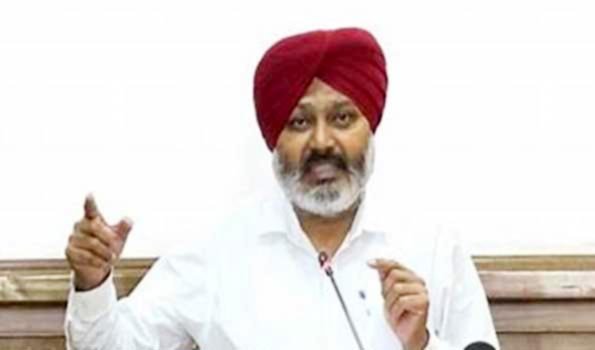Washington, Jan 16 (UNI) The 2024 U.S. presidential primary kicked off on Monday night as Iowans prepared to caucus for their Republican presidential candidate in extreme cold weather.
Republican voters are caucusing in school gyms, churches, and community centers across Iowa, a Midwestern state, as record-low temperatures are gripping the Hawkeye State and have caused concerns about turnout.
“Today is turning out to be the coldest Iowa caucus day in history, dating back to 1972,” the National Weather Service office in Des Moines, Iowa, wrote on X, formerly Twitter.
The frigid conditions have affected the presidential campaign in Iowa, with several stops canceled ahead of Monday’s caucuses.
Former U.S. President Donald Trump, who seeks to return to the White House, is leading by a wide margin in national and Iowa polls of potential Republican voters.
Other Republican presidential contenders include former U.S. Ambassador to the United Nations Nikki Haley, Florida Governor Ron DeSantis, entrepreneur Vivek Ramaswamy, and former Arkansas Governor Asa Hutchinson.
About four in 10 Republican caucusgoers chose immigration as the most important issue facing the United States while about one-third paid more attention to the economy, according to AP VoteCast. Other priorities for them include foreign policy, health care, abortion, and energy.
Though only 40 delegates will be up for grabs in Iowa for the Republican National Convention later this year, the first-in-the-nation caucuses on Monday are an early litmus test of a presidential contender’s viability, as well as an initial signal of where the election is headed.
Since President Joe Biden is running for reelection, the Democratic Party’s 2024 primary will be mostly a formality and not have much bearing on the race. Iowa Democrats are also meeting on Monday but will focus on only party business with delegate-determining voting underway via mail-in ballots until early March.
The 2024 presidential election “feels both sleepy and explosive at the same time,” Kyle Kondik, managing editor of Sabato’s Crystal Ball, a politics-focused publication of the University of Virginia’s Center for Politics, wrote in an analysis earlier this month.
“The former feeling stems from a primary season that does not seem all that competitive,” Kondik explained. “The latter feeling comes from the unprecedented specifics of the potential Biden versus Trump rematch.”
The U.S. primary season will last through June. The Republican National Convention, in which delegates will officially select the party’s presidential nominee, will be held in July, while the Democratic National Convention will take place in August. The 2024 Election Day falls on Nov. 5.
Earlier this month, Eurasia Group, a political risk consultancy founded by American political scientist Ian Bremmer, published “Top Risks” predictions for 2024, with “The United States vs. itself” on the top.
“The United States is already the world’s most divided and dysfunctional advanced industrial democracy. The 2024 election will exacerbate this problem no matter who wins. With the outcome of the vote essentially a coin toss (at least for now), the only certainty is continued damage to America’s social fabric, political institutions, and international standing.” Bremmer said.











